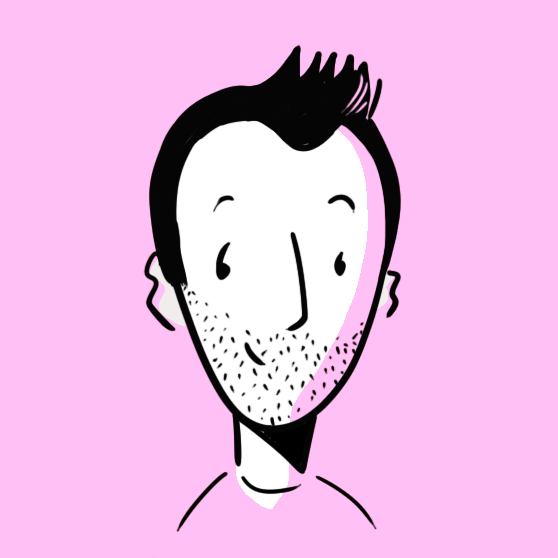I can’t remember where I heard this (I didn’t come up with it), but it goes something like this. Imagine walking down the street on your way to work one day and someone runs up to you and wants to tell you about an amazing dream they had last night. Imagine that you’re a kind and generous person and you decide to indulge this stranger, “Yes, OK, please tell me your dream.”
When you agree to listen, they give you two conditions.
“First, before I tell you my dream, we have to find somewhere to sit, it’s going to take at least 2 hours, maybe a bit longer.”
A reasonable person may stop them here and say thanks but no thanks and return to their day. A person with more time might say, “OK, I have the time, let’s go find somewhere to sit.” And so, they find somewhere to sit with this stranger and then the stranger provides their second condition.
“Ok, so, to hear my dream, you also need to pay me $20. Once you pay me, I’ll tell you.”
It may sound ridiculous, almost no one in their right mind would say OK – suddenly this dream is costing the listener time and money. And yet, no matter how illogical, this is exactly what we agree to do everyday when we purchase a cinema ticket and watch a film, or pay another monthly fee to a streaming service and binge a series on the couch.
The act of telling and listening to stories is illogical. It is inefficient. It is kind of insane. It’s also an act of generosity and a deeply human way for us to be informed, entertained, and create connection with one another which is why, despite the ask from the dream-teller, we do it almost every day.
